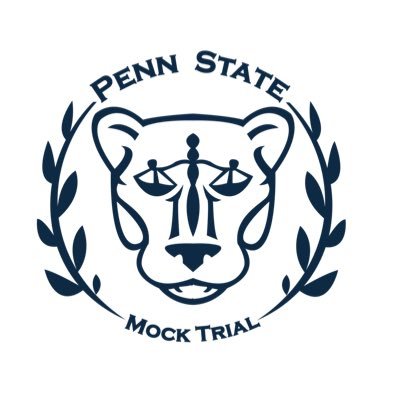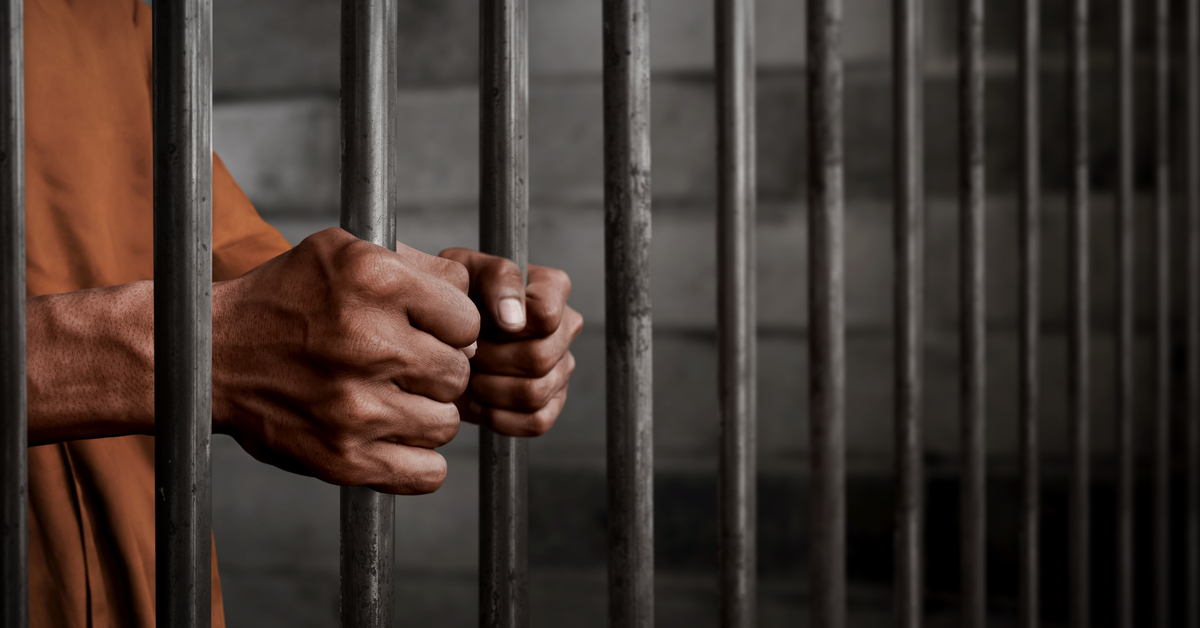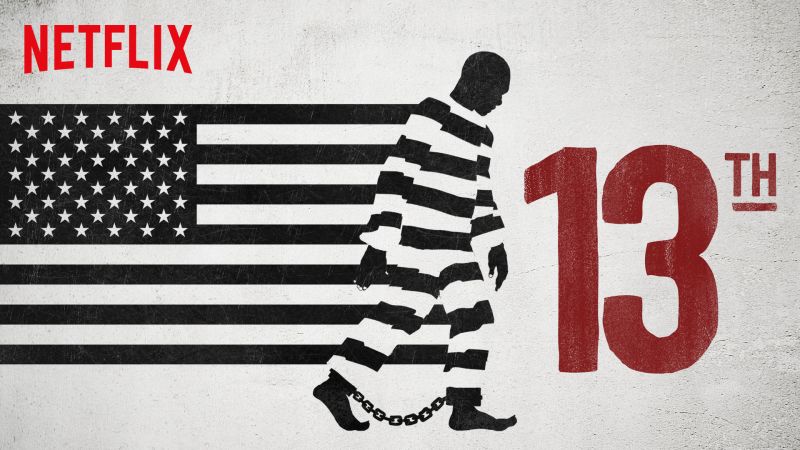The Mock Trial program here at Penn State has certainly helped make my first year at college a success. As the season comes to a close and new executive board members are being chosen, I have begun to reflect on my experience as a whole and how it has continued to motivate in my pursuance of a career in the legal field. However, many of you reading this blog may be wondering what exactly Mock Trial is. Well, I would like to enlighten you as some people within our current RCL Class may look to join the organization next semester. Collegiate Mock Trial is a highly competitive program in which we receive a case, either civil or criminal, and conduct a simulation of an actual trial. This year’s case revolved around the death of a writer on the talk show Midland’s After Dark with Alex Grace who was brutally mauled by a chimpanzee named Elias on the show.
The prosecution in this trial, which consist of three attorneys and three witnesses, has the burden of proof to prove that the defendant was negligent for bringing an untrained and potentially murderous chimp on the show to perform on a show where people’s lives would be in danger. On the other hand, the defense’s burden of proof, in this case, lies in proving that the prosecution did not follow the guidelines highlighted for them by the chimp’s animal trainer Danny Kosack prior to the show. Civil cases function in a way in which each side has to work to prove which side is more at fault and from there damages can be awarded. The witnesses that are called by each side will provide evidence on the behalf of either the defense or prosecution as well as cross-examined on the information that they provide within their affidavit.
This year I played a character witness by the name of Remy Hollis. Remy works as a band manager for the band who also was planned to perform that day. My character works to prove that there was another animal on set as well as food which strictly goes against the guidelines established by Danny Kosack. My character always received rave reviews as I was able to score near perfect tens by both judges each round I performed. I played this character in a very stereotypical Californian rocker/surfer which paired nicely with my relaxed demeanor as I have no stakes in the case. I first performed this character at the Blue Jay invitation in January of this year at John Hopkins University in Baltimore Maryland. The judges loved my character as they felt that it really encompassed what they would expect from a band manager who manages a band called “ The Hound Dogs”. After the competition was over my mock trial team took third place with two of our members winning an honorable mention. This was very rewarding as we put many long nights as well as hours into performing our roles and were able to survive the competition with a record of 6-2.
Fast forward to February, and we are now competing at the happy valley regional here at Penn State. As a first-year mock trailer as well as a member of the D team, my team’s chance of earning a bid to The Opening Round Championships was predicted to be 4.5 % based on a poll of 200 individuals which was conducted by a website closely related to the competition. I am going to be honest going into this competition I was very exciting but also extremely nervous. We had very strong teams competing at this year’s regionals such as Cornel, NYU, Columbia, and The University of Miami. The team predicted to get a bid and win the entire competition was Columbia as they were ranked the highest amongst all the teams competing in this regional, however, that was not the case. After completing four tiresome rounds of competitive mock trial over the course of three days my team was able to earn ourselves a bid to nationals and on top of that first place with a record of 8-0. EIGHT AND ZERO! This had never been done in Penn State Mock Trial history!!! We as the D-Team had done something groundbreaking that not even other teams such as Columbia and NYU could believe. This victory was well earned and had given me a confidence in myself that I had never felt. I felt like all my hard work at practice definitely paid off and that my continuation in this organization is solidified for the next four years. This organization reminds that I am destined to one day to be a lawyer in the future and that organizations such as this will be pivotal to that goal. Therefore, I urge anyone interested in going to law school or looking to find a career in the legal field to join the Mock Trial Team here at Penn State as it will change your life the same way it did mine!








